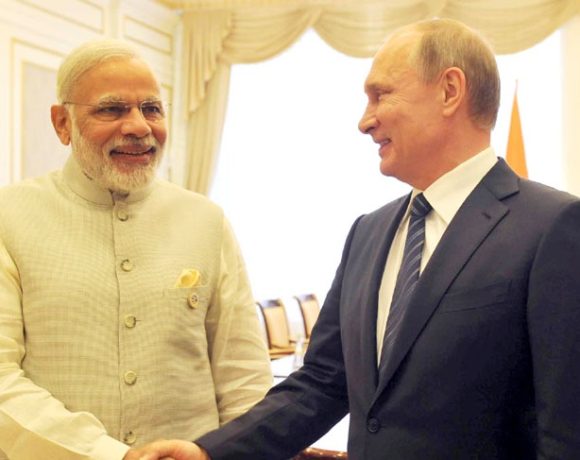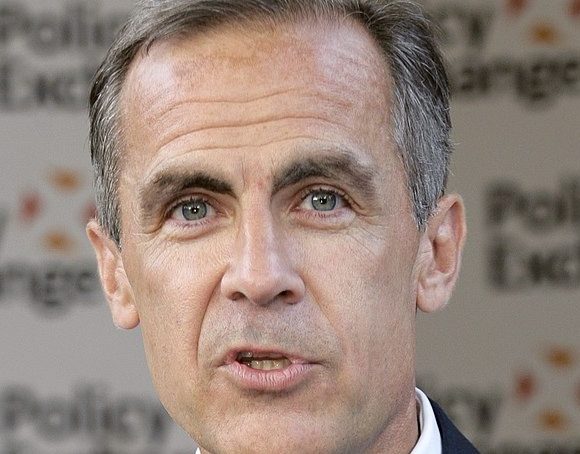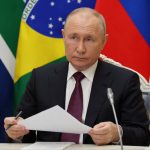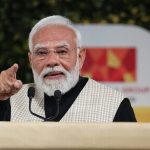
IMF Approves $1 Billion Disbursement to Pakistan
The International Monetary Fund (IMF) has approved a $1 billion disbursement to Pakistan under the Extended Fund Facility (EFF), following a comprehensive review of the country’s economic reforms and commitments. This decision comes after the IMF’s Executive Board concluded that Pakistan had met all the agreed-upon conditions under the program initiated in September 2024.
The approval marks a crucial milestone in Pakistan’s efforts to stabilize its economy amid persistent fiscal pressures and global uncertainties. Julie Kozack, Director of the IMF Communications Department, emphasized the nature of IMF support, stating, “IMF financing is meant to resolve balance of payments issues only. All EFF disbursements to Pakistan go directly to the central bank’s reserves. These funds are not used for government budget financing.”
IMF Loan Conditions
The IMF’s Executive Board completed the first review of Pakistan’s reform performance ahead of schedule on May 9, 2025. The Board concluded that Pakistan’s progress on macroeconomic stability, policy transparency, and fiscal discipline was sufficient to warrant the release of funds. This disbursement is part of a broader effort to support the country’s economic reform agenda.
However, the IMF has also outlined 11 additional reforms that Pakistan must implement to ensure sustained progress. Among the key requirements are the passing of a ₹17.6 trillion budget for FY 2025–26, significant changes to agricultural income tax structures, and improvements in fiscal transparency and governance mechanisms.
The IMF has warned that non-compliance or slippage in reforms could delay future disbursements and threaten macroeconomic stability. These measures are seen as necessary to build long-term resilience and safeguard against external shocks, such as fluctuating commodity prices and regional instability.
Pakistan Economic Reforms
The reform agenda is viewed as a linchpin in restoring global investor confidence and unlocking new sources of economic growth. The IMF’s confidence in Pakistan’s fiscal management could also catalyze additional funding from bilateral and multilateral lenders.
Despite challenges, Pakistan has shown modest signs of economic recovery. Inflation has begun to moderate, and foreign exchange reserves have seen marginal improvement. The IMF also pointed out that regional peace and stability would be essential for the success of the reform agenda, indirectly cautioning Pakistan to de-escalate any geopolitical tensions with neighboring countries.
As Pakistan moves forward, the international community will be closely watching how effectively it can implement the newly mandated reforms while maintaining social stability and political consensus. The next review under the EFF is expected to be a critical checkpoint in determining the future of Pakistan’s economic direction and the continuation of IMF support.


















